Establishing Safer Food Supply Chains with Blockchain and IoT
XTalks
NOVEMBER 10, 2020
And although global food supply chains have allowed for efficient international distribution, the food and beverage industry’s biggest concern is food safety, especially amid the global pandemic. Growing incidences of product adulteration, food fraud and foodborne illness outbreaks have created a need to re-evaluate supply chains.


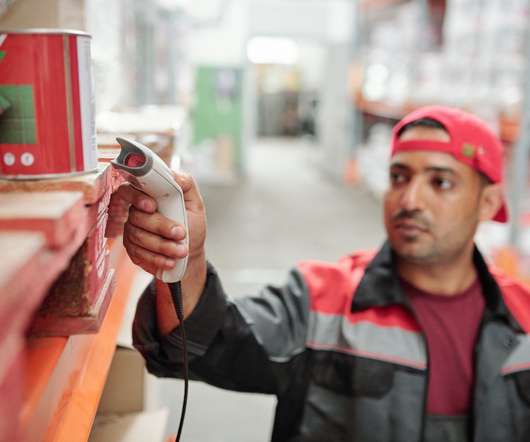

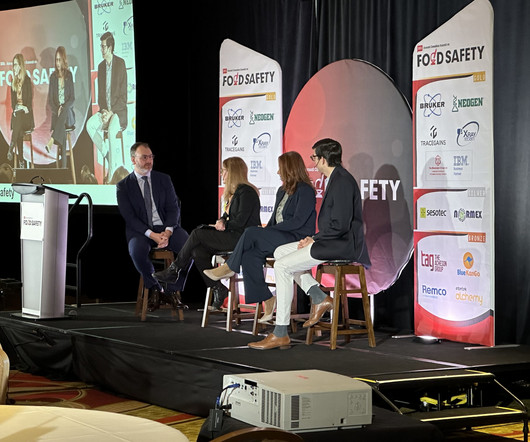
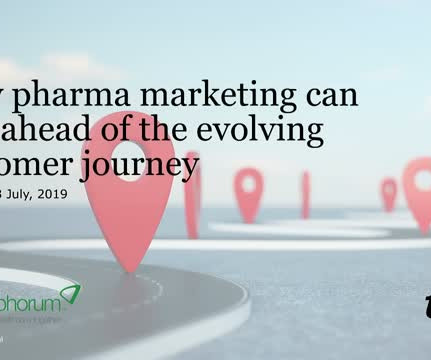

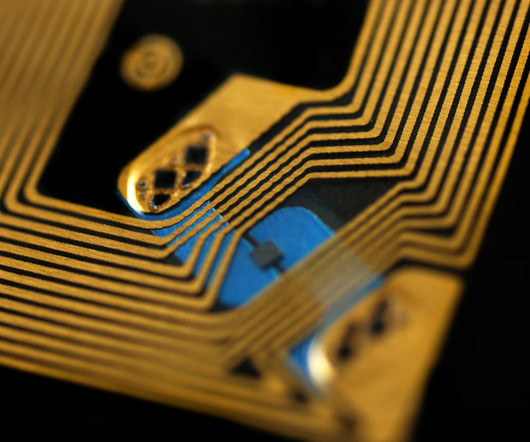


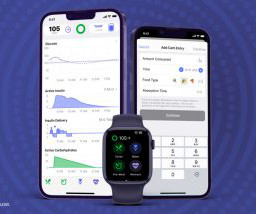
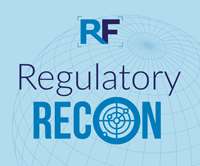







Let's personalize your content